Hoping to build
on the American public's growing frustration with the war
in Iraq, antiwar activists in San Francisco have submitted a
local ballot measure that would put the city on record
as opposing the presence of military recruiters in
public high schools and colleges.
If it qualifies for the November ballot and is
approved by voters, the initiative would not ban the
armed forces from seeking new recruits at San
Francisco campuses, an action that puts schools at risk of
losing federal funding. Instead, the nonbinding
College, Not Combat resolution merely would encourage
city officials and university administrators to
exclude recruiters even if it means forsaking government
dollars and to create scholarships and training
programs that would reduce the military's appeal to
young adults.
The initiative is part of a larger
"counter-recruitment" battle being fought over the
Pentagon's recruitment efforts and exclusion of openly
gay recruits being waged around the country. The U.S.
Supreme Court agreed in June to hear the Bush
administration's appeal of a lower court ruling that
said law schools could not be stripped of their
federal funding for refusing to treat military employers the
same as other employers.
Antiwar activists also have targeted a provision
of the No Child Left Behind Act that requires school
districts to provide military recruiters access both
to student career centers and the same student contact
information available to college or job recruiters.
For a decade the San Francisco Unified School
District barred military recruiters from its high
schools, a stance it was forced to abandon after
Congress approved the No Child Left Behind law in 2001. The
district has focused instead on alerting parents
that they can request in writing not to have their
child's name or address released to any recruiters.
Three members of the San Francisco board of
supervisors who attended a rally kicking off the
campaign said they would wait to see if it passes
before sponsoring any legislation to enact its
recommendations. "It all depends on the political will
of the [elected officials] and the electorate. We
would like it to have teeth, of course," Supervisor
Tom Ammiano said.
Air Force Lt. Col. Ellen Krenke, a Pentagon
spokeswoman, rejected the notion that poor and
working-class Americans are targeted by military
recruiters and make up a disproportionate share of the
war's casualties. "Like other large, major
corporations, we want the best and the brightest that
our country's schools have to offer. That's who we are
recruiting," Krenke said. "That's why we want equal access
to student directory information and college and high
school campuses--so that we can let these students
know what we have to offer in terms of benefits and education."
Organizers of the initiative, which must be
certified by the Department of Elections within 30
days, said that while the measure's impact may end up
being only symbolic, they expect their campaign will muster
the dissent that has surfaced at scattered campuses
around the country into an effective antiwar movement.
Among those standing outside San Francisco City
Hall as campaign organizers prepared to submit 15,000
signatures--4,600 more than need to be certified--they
had gathered to put the measure before voters was
Cindy Sheehan, a Berkeley resident whose 24-year-old son,
Casey, died on April 4, 2004, five days after he
arrived with his Army unit in Iraq.
Wiping away tears Sheehan said the recruiter who
persuaded her son to join the Army four years earlier
promised Casey he would never see combat and reneged
on most of the signing bonus he was guaranteed. "I
believe if that recruiter had not taken advantage of my
trusting and trustworthy son, he would be alive
today," Sheehan said. "The kids need to know the
truth." (AP)












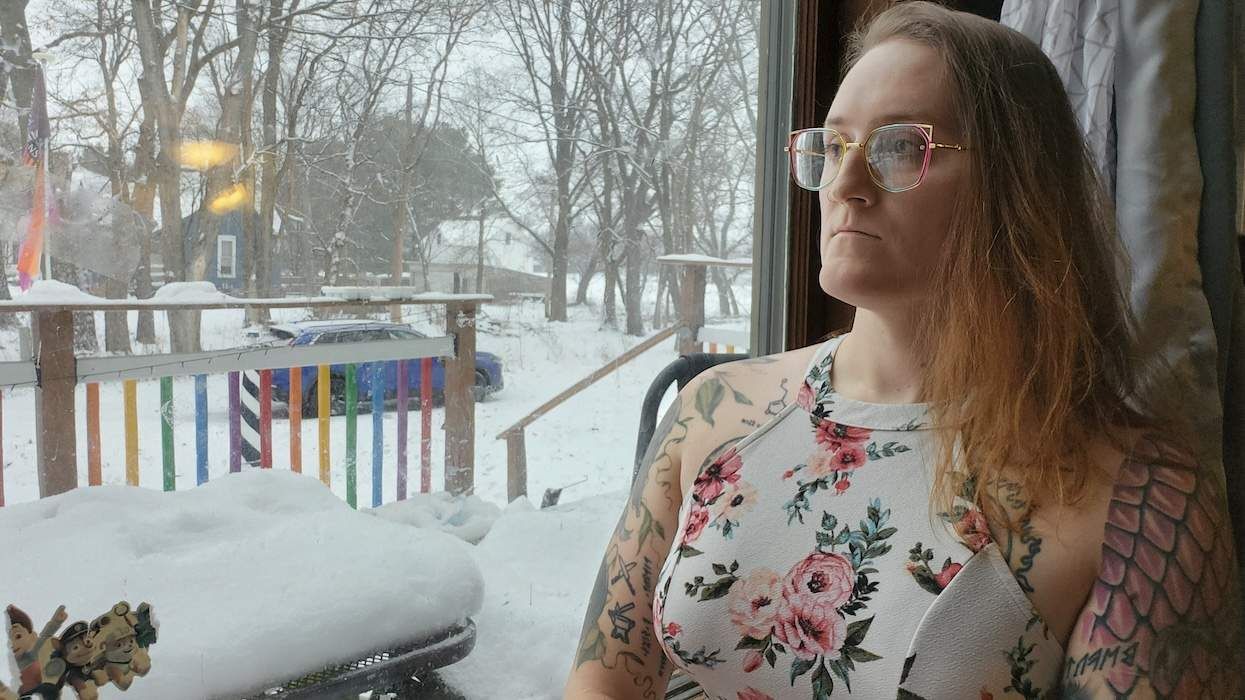

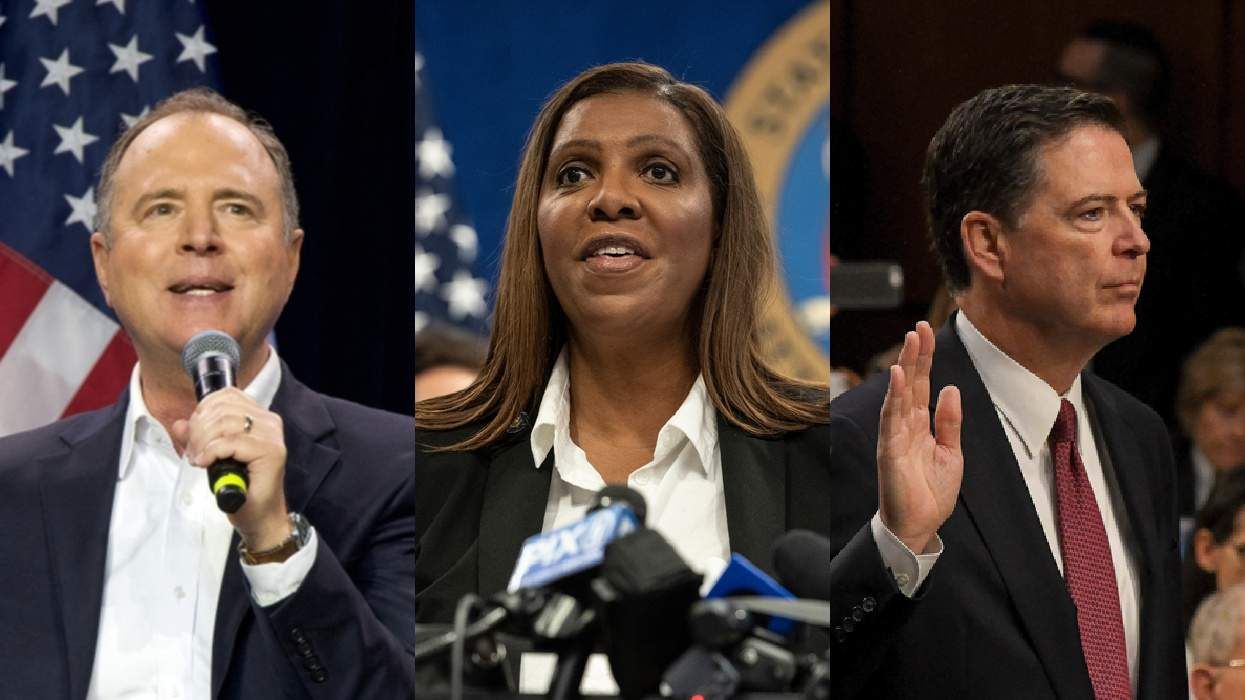

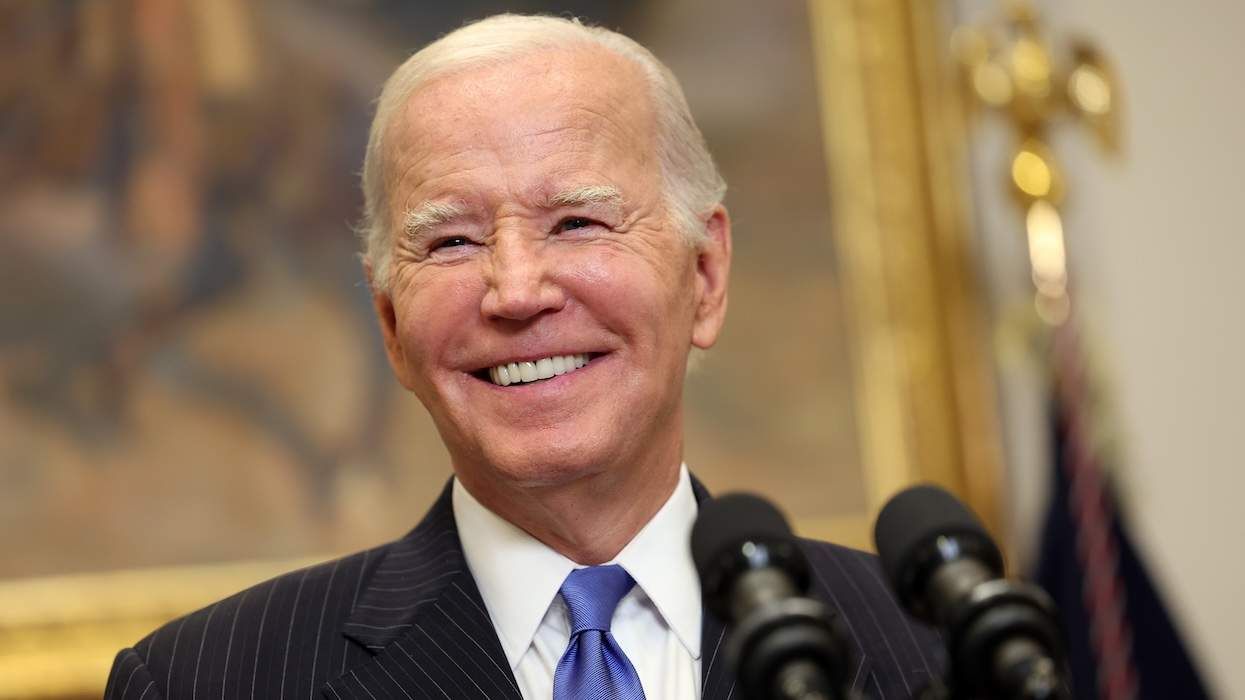
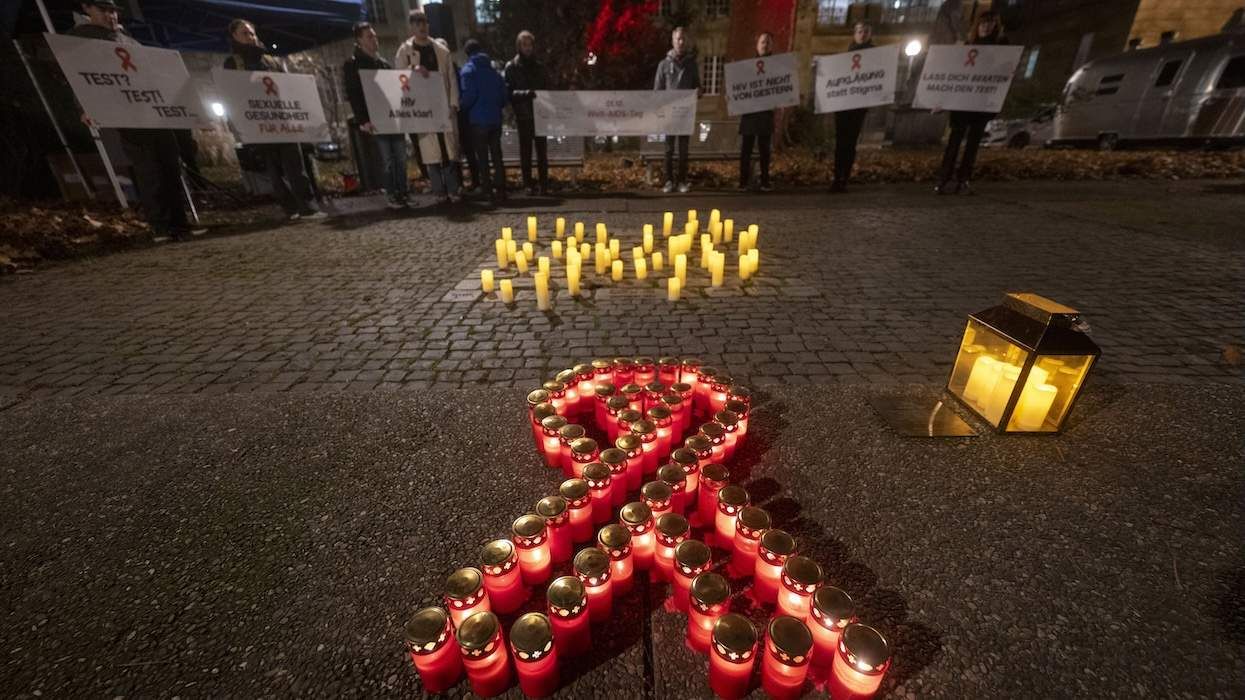


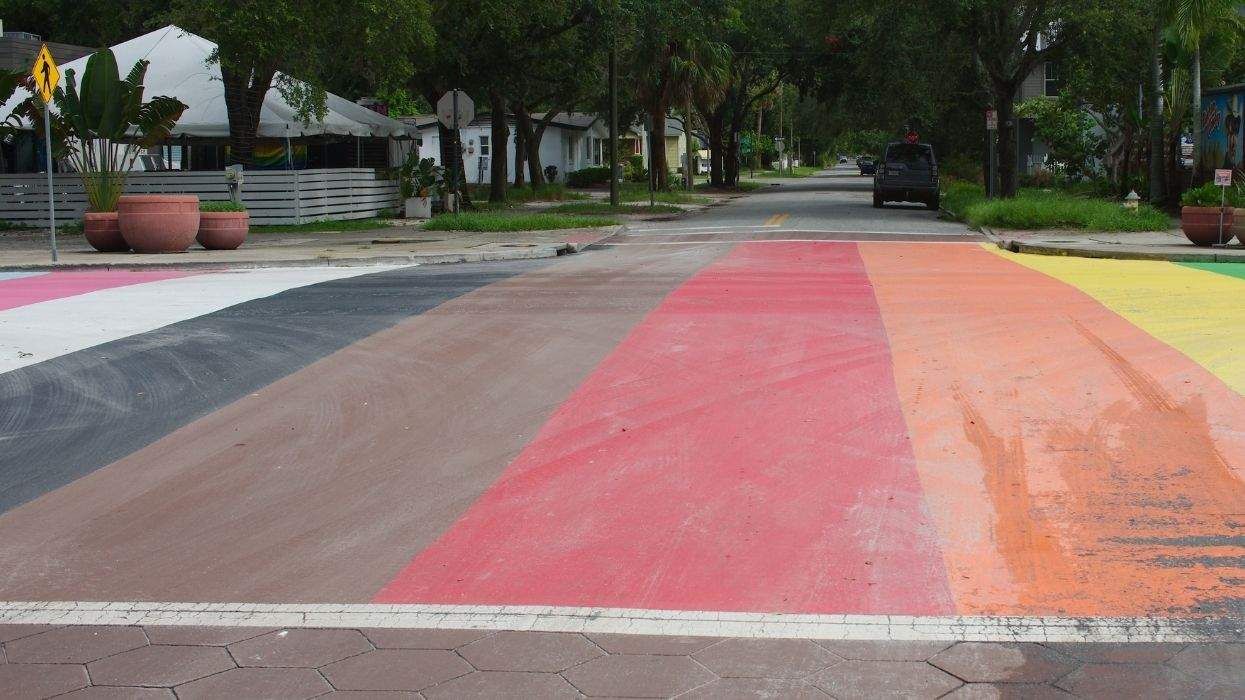
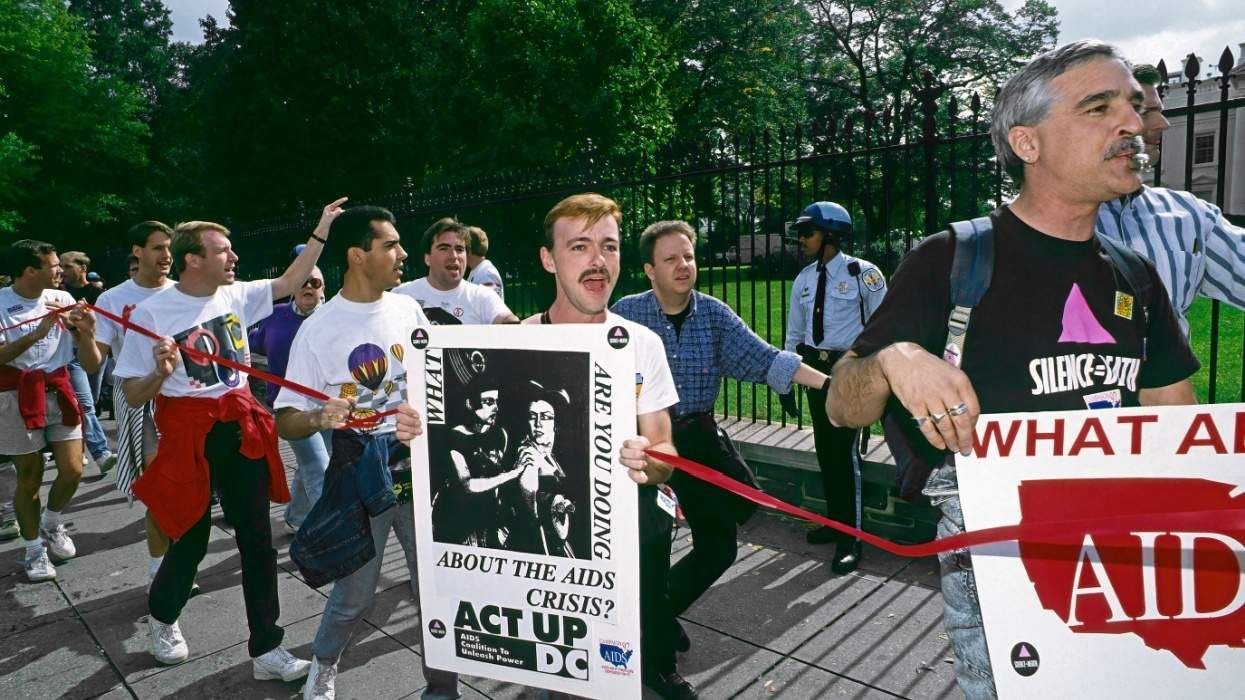

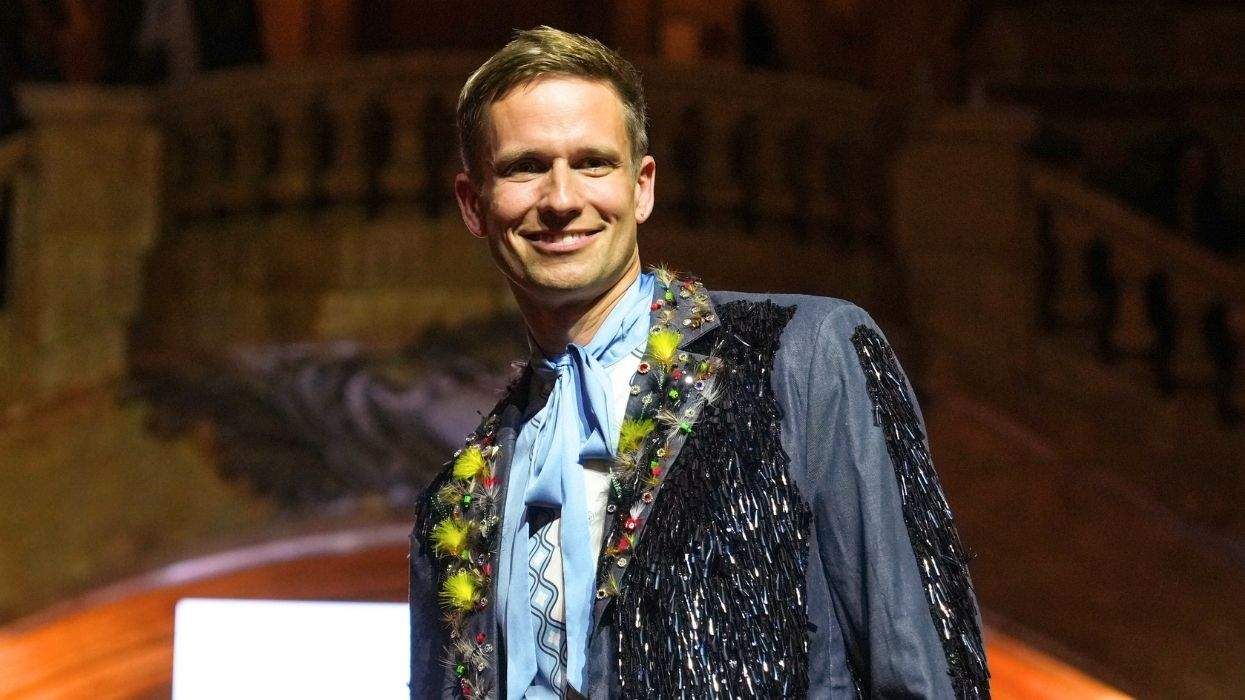
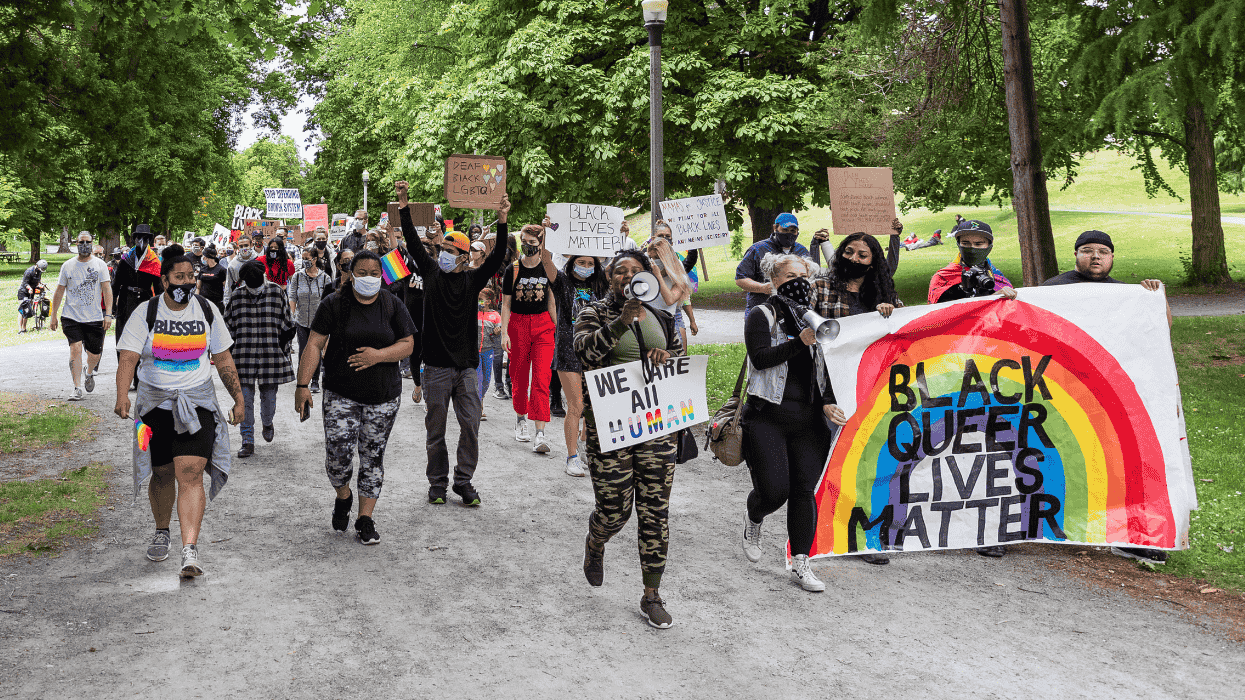
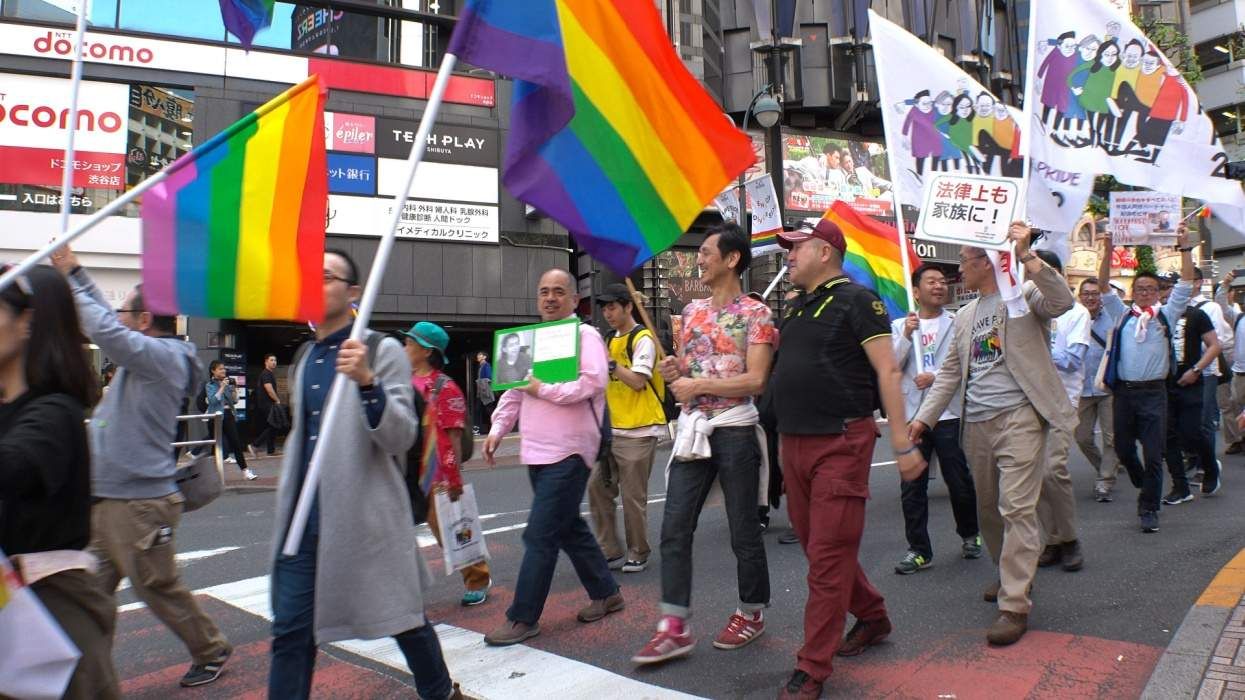

















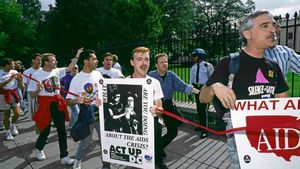

























Charlie Kirk DID say stoning gay people was the 'perfect law' — and these other heinous quotes